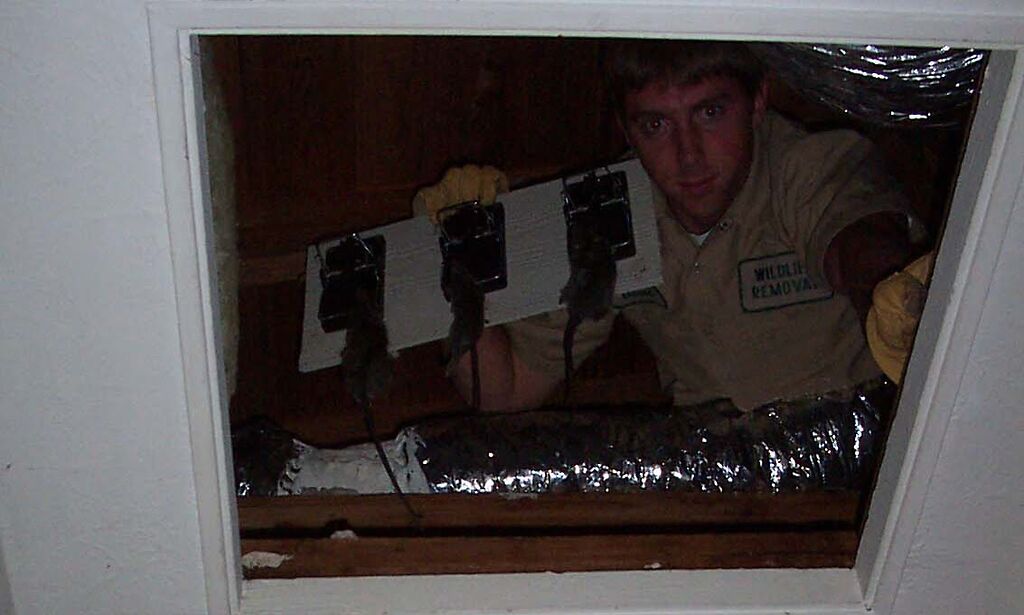
Rats are almost as prevalent in city centers as humans are. Even though we learn more about these wily rodents every year, it seems as if nothing is helping in the fight against them. Scientific studies show that the rat population is increasing every year. This is despite the action that is being taken by governments across the globe. There is a multitude of reasons why rats are drawn to places that are inhabited by humans. The most obvious remains the fact that we provide them with food. Rats are omnivorous creatures who are able to sustain themselves on whatever we discard. This is also why the rat population is higher in impoverished areas with poor sanitation services.
Why are rats a danger to humans?
Rats seldom bite humans on purpose. They are most often found digging through your garbage and scurrying away when humans approach. Urban rats may be more emboldened than rats that are found in rural areas, but they would still prefer to avoid humans. Unfortunately, it does happen that rats bite humans. They tend to pose more of a risk to children and the elderly. Possibly as they are less mobile and are less likely to retaliate. They are most often found chewing on your extremities when you are asleep. Rats will not attack you in broad daylight if they do not feel threatened.
The majority of cases where people are bitten by rats happen when owners feed their pet rats and are inadvertently bitten. Rats are known to carry a multitude of diseases, but few are spread through a bite. As long as the area is cleaned properly and monitored for infection, the chances that you will become ill are very low.
You are more likely to be scratched by their sharp claws as they walk over you. This could very possibly happen while you sleep. If you do not have any visible injuries, you may not even realize it happened.
Even though it is very unlikely that you will get bitten by a rat, you should not become complacent. If there are rats in your home or your neighborhood you can still contract a disease from them. Most diseases are spread through rat feces and urine.
- Hantavirus Pulmonary Syndrome is a disease that affects your respiratory system. You can contract this if you come into contact with infected rat droppings. The dust that is released by the dry droppings is inhaled into your lungs. This can become quite serious if left untreated.
- Leptospirosis is a disease that attacks your kidneys and liver. It is spread through contact with rat urine. You can get this by drinking from unwashed cans and glasses that have been in contact with rat urine.
- Lymphocytic choriomeningitis is a viral disease that can lead to meningitis if not monitored. It is very seldom fatal, but you should contact your doctor if you have any symptoms.
Rats also carry fleas. These are spread to house pets and your furniture.
